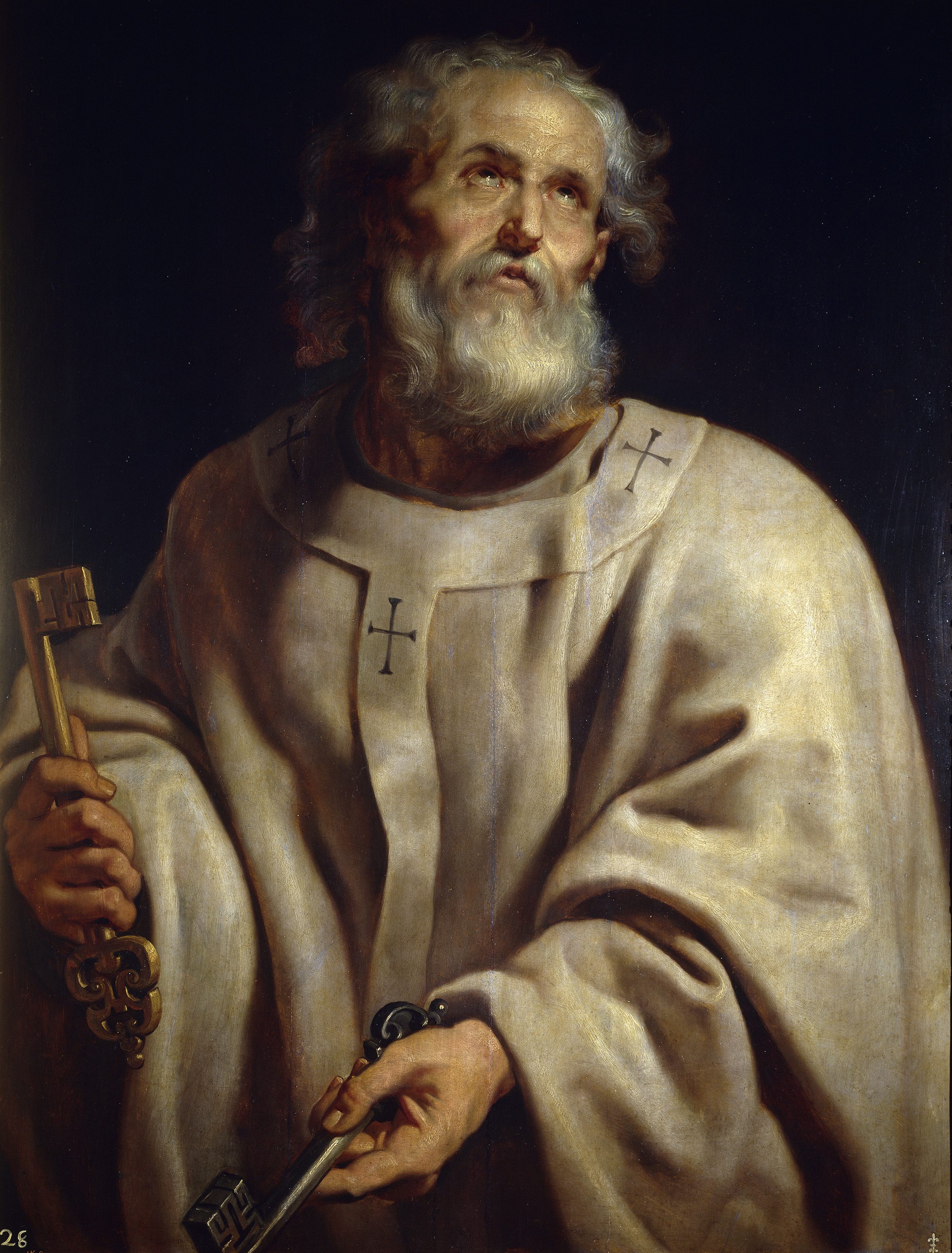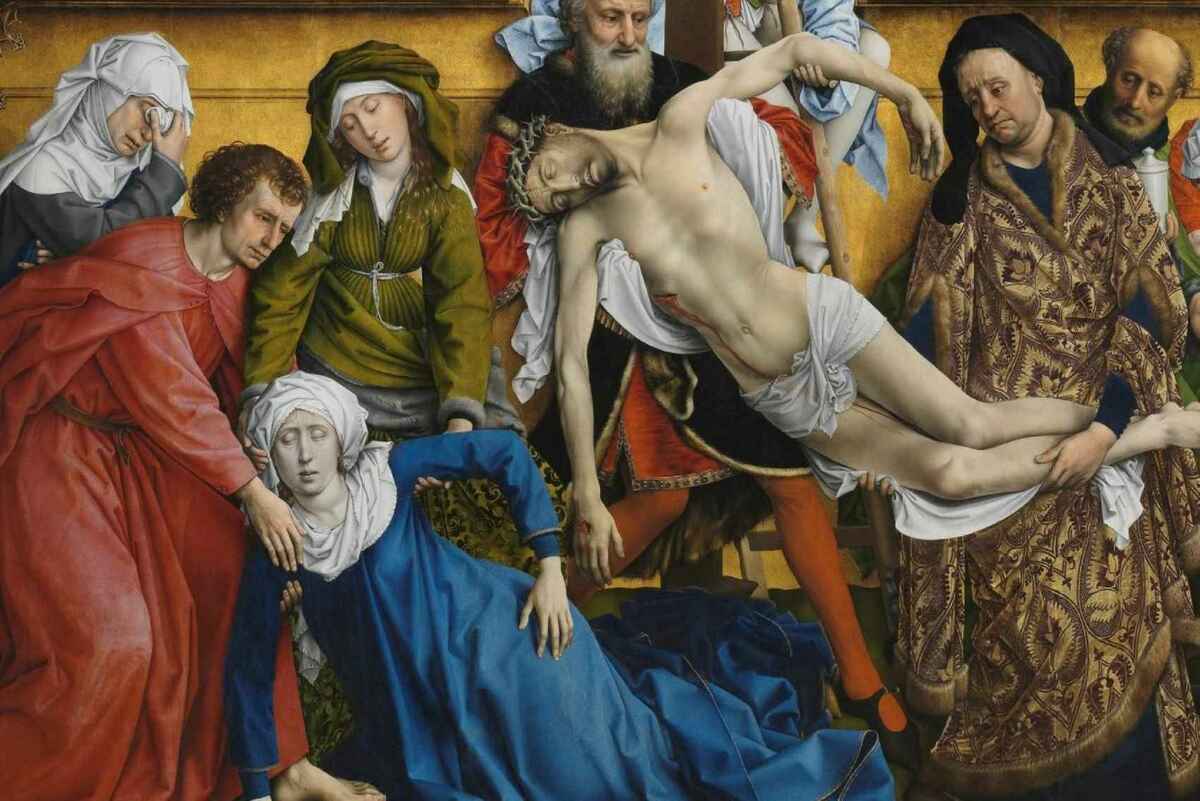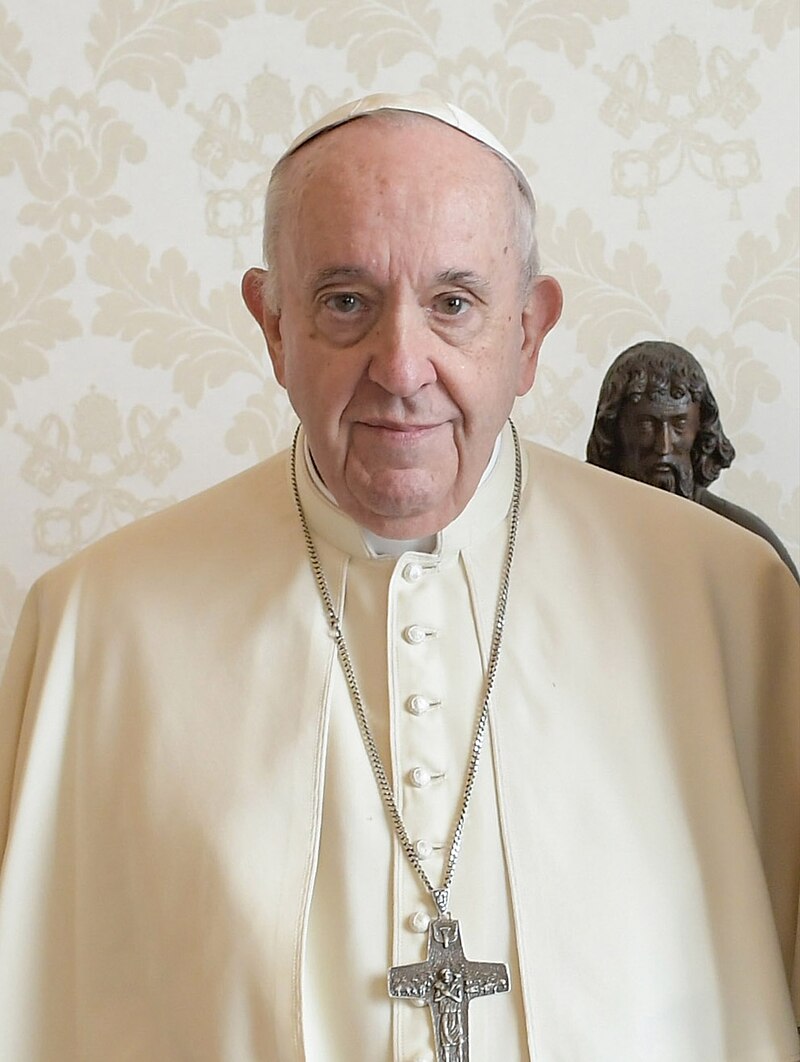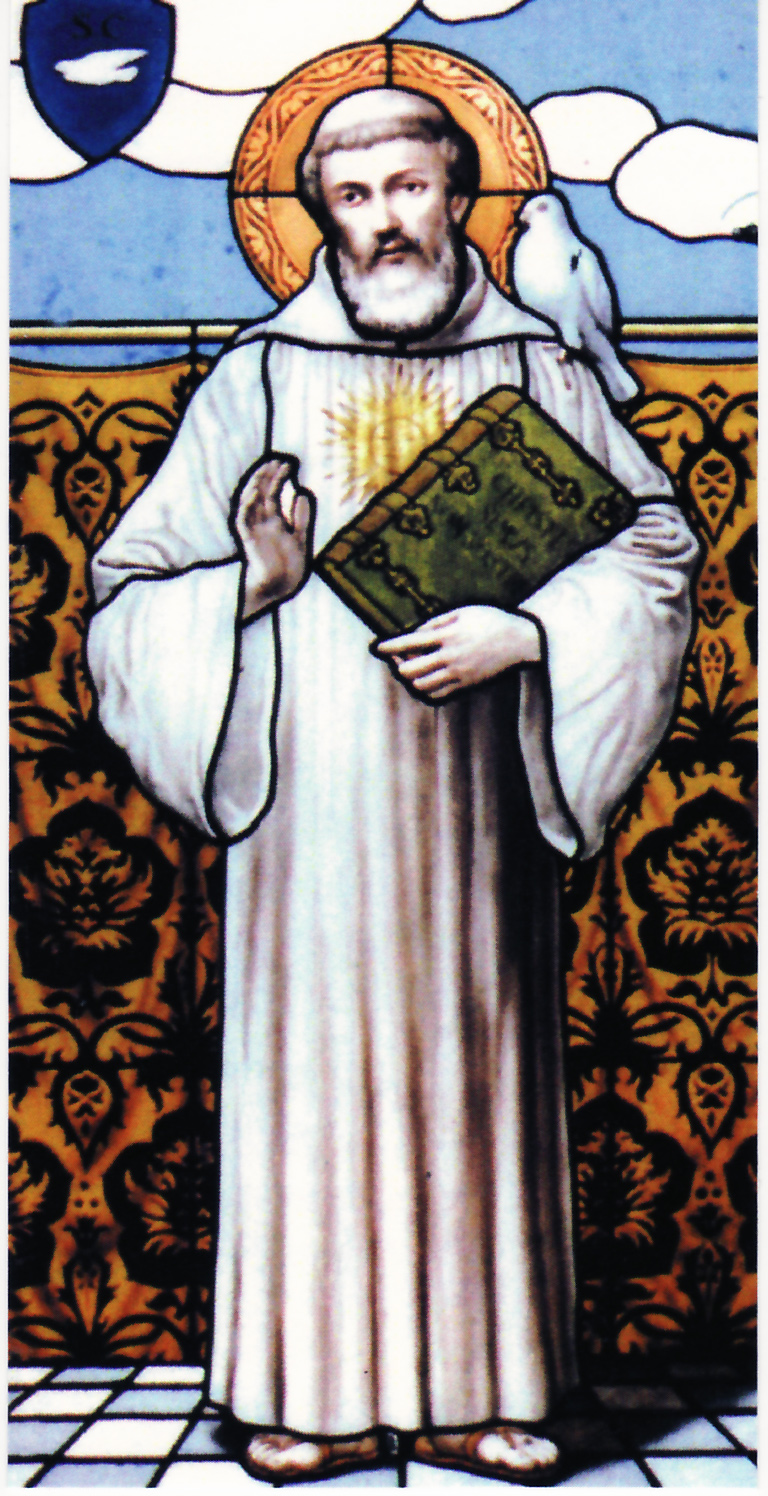
Welcome to the captivating realm of early Christianity! Today, we are embarking on an intriguing journey to uncover the life and legacy of Pope Alexander I, who holds the distinction of being the sixth pope in the history of the Catholic Church. Have you ever pondered who this influential figure was and the significant contributions he made during his papacy? Join us as we delve into the rich tapestry of his story, exploring the historical context in which he lived, the challenges he faced, and the impact he had on the early Christian community. Together, we will unravel the mysteries surrounding Pope Alexander I and gain a deeper understanding of his role in shaping the foundations of the Church. So, let’s set off on this enlightening exploration!
Who Was Pope Alexander I?

Pope Alexander I held the papal office from approximately **c. 109 to c. 115 AD**, succeeding **St. Evaristus**. His tenure is often noted for its significance in the formative years of the early Christian Church, although the specifics of his papacy remain somewhat unclear and shrouded in historical ambiguity.
### A Glimpse into His Papacy
While comprehensive records of Alexander’s time as pope are scarce, we can glean some understanding from historical writings, particularly those of **St. Eusebius**, who provides valuable insights into this period. Alexander’s papacy coincided with a time of both growth and significant challenges for the nascent Christian community, as it sought to establish itself amid a predominantly pagan society.
### Feast Day and Commemoration
Pope Alexander I is commemorated on **May 3**, a day set aside for many Catholics to reflect on and honor his contributions to the Church. But what exactly did he contribute during his papacy? His legacy includes the promotion of Christian teachings and the strengthening of the community, which laid the groundwork for future developments in the Church. Let’s delve deeper into the various aspects of his influence and the enduring impact he had on Christianity.
Contributions to the Church

The specifics of Alexander’s contributions to the early Church remain a topic of debate among scholars and historians. Nonetheless, various traditions attribute several significant practices to him, prompting us to delve deeper into his potential influence.
One of the most notable claims made by some Roman Catholic writers is that Alexander was responsible for introducing the use of **holy water** within the Church. Additionally, it is suggested that he may have established the custom of mixing **sacramental wine** with water during liturgical ceremonies. However, these assertions are often met with skepticism, and many consider them to be unlikely. This raises the question: what is the actual truth behind these claims?
In terms of liturgical practices, despite the uncertainty surrounding the origins of holy water, it is widely believed that Alexander may have implemented some **liturgical additions** during his papacy. These changes could have played a crucial role in shaping the manner in which the early Church conducted its services, influencing the rituals and traditions that would be followed for generations to come. As we explore the legacy of Alexander, it becomes clear that his impact, whether direct or indirect, is a fascinating aspect of Church history.
The Question of Martyrdom

One of the most captivating aspects of Pope Alexander I’s life is the ongoing debate surrounding the possibility of his martyrdom. The question arises: was he truly a martyr? This topic invites us to delve deeper into the historical context and evidence surrounding his death.
### Speculations on His Death
Various historical accounts hint at the notion that Alexander may have met his end through martyrdom, potentially by means of decapitation, during the reigns of the Roman emperors Trajan or Hadrian. However, this theory is often regarded as improbable due to the absence of solid, concrete evidence to support such claims. The lack of definitive historical documentation leaves room for speculation, making it difficult to ascertain the truth about his fate.
#### Confusion with Other Saints
Adding to the complexity of Pope Alexander I’s legacy is the frequent confusion with another figure, St. Alexander, who is one of three Roman martyrs interred along the Via Nomentana. This mix-up not only complicates the historical narrative but also obscures the distinct contributions and significance of Pope Alexander I. As we explore the intricacies of his life and the surrounding legends, it becomes clear that the question of his martyrdom remains a fascinating yet elusive topic in the annals of church history.
Connections with Other Saints

Alexander I’s life intertwined with other notable figures of early Christianity. Let’s take a look at these connections!
St. Quirinus and St. Balbina
According to tradition, Alexander converted his jailer, St. Quirinus, and Quirinus’s daughter, St. Balbina. This highlights the impact Alexander had on those around him, even in dire circumstances.
The Ripple Effect of His Leadership
Alexander’s influence didn’t stop with conversions. His leadership likely inspired many early Christians to spread the faith, creating a ripple effect that shaped the future of Christianity.
Historical Context

To fully appreciate Pope Alexander I’s contributions, it’s essential to understand the historical context of his papacy. What was happening in the world during his time?
The Roman Empire and Early Christianity
The early 2nd century was a tumultuous time for Christians. The Roman Empire was expanding, and with that expansion came increased persecution of Christians. Alexander’s leadership was crucial during these challenging times.
Challenges Faced by Early Christians
Early Christians faced numerous challenges, from societal rejection to outright persecution. Alexander’s role as a leader provided guidance and hope to a beleaguered community.
Legacy of Pope Alexander I

So, what’s the lasting legacy of Pope Alexander I? Let’s summarize his impact!
Influence on the Catholic Church
While specific details about his contributions may be scarce, Alexander I’s role as a pope during a formative period of the Church cannot be understated. His leadership helped lay the groundwork for future popes and the development of Church practices.
A Symbol of Faith and Resilience
Pope Alexander I stands as a symbol of faith and resilience in the face of adversity. His story reminds us that even in the darkest times, leaders can inspire hope and courage.
Table: Key Facts About Pope Alexander I

| Fact | Details |
|---|---|
| Name | Pope Alexander I |
| Feast Day | May 3 |
| Successor | St. Sixtus I |
| Possible Martyrdom | Under Trajan or Hadrian |
| Notable Connections | St. Quirinus, St. Balbina |

Pope Alexander I may not be the most well-known figure in early Christianity, but his contributions and legacy are significant. From potential liturgical changes to inspiring conversions, his impact resonates even today. So, the next time you think about the early Church, remember the quiet strength of Pope Alexander I!

